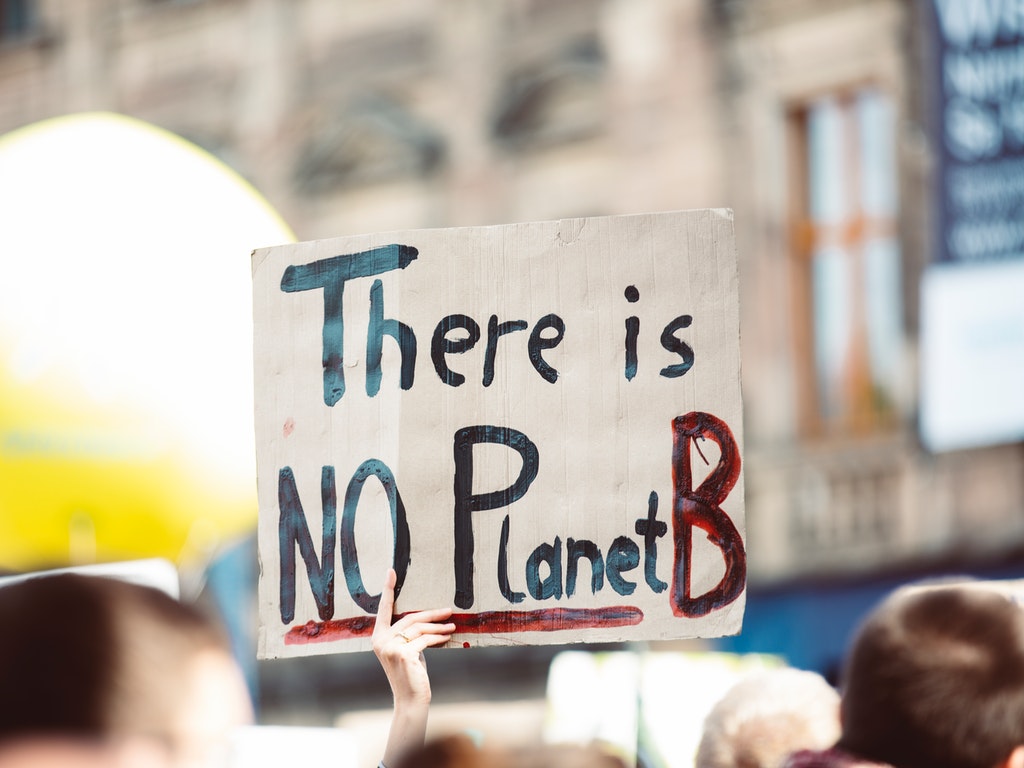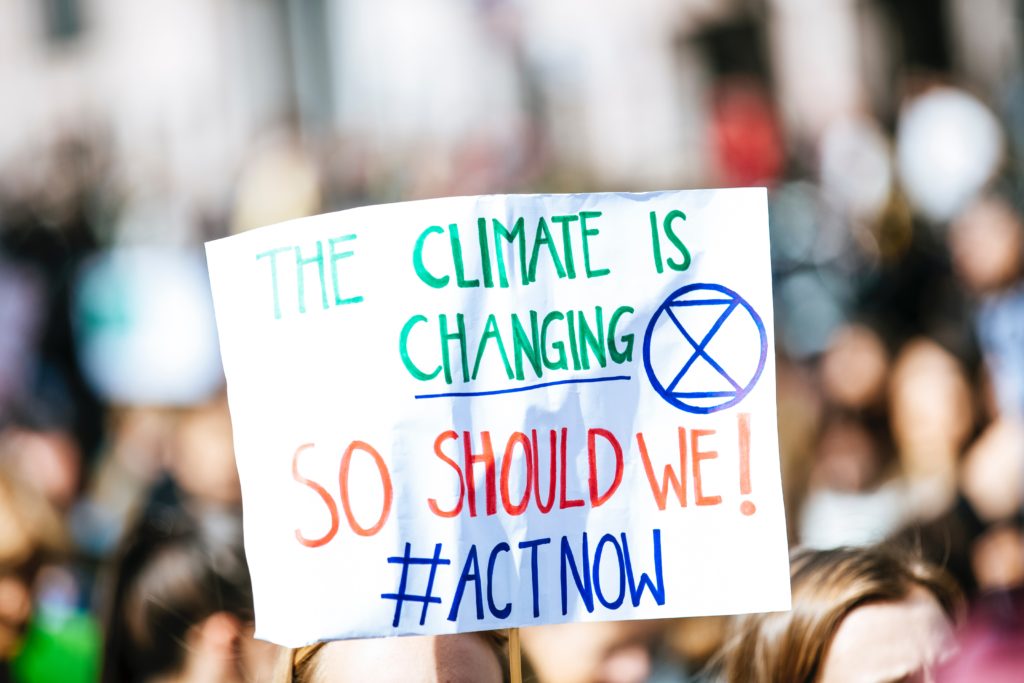4 Mins Read
UN Secretary-General Antonio Guterres has been explicit in his shock at reading the latest Intergovernmental Panel on Climate Change (IPCC) report. He calls it “an atlas of human suffering and a damning indictment of failed climate leadership”. In a series of impactful statements, made during a press conference, he iterates the need for immediate unified action and braver G20 governments.
Comments are aimed at the third part of the IPCC report, first leaked last September. The overarching theme of the final instalment is that there is no time to waste if we want to prevent global temperatures from rising by more than 1.5°C. A call for climate justice to be placed at the heart of all future policymaking has been made, with Guterres’ comments adding extra weight.

Not holding back
The IPCC report is being heralded as the bleakest to date. “Any further delay in concerted global action will miss a brief and rapidly closing window to secure a liveable future,” Hans-Otto Pörtner, co-chair of working group 2 of the IPCC said in a statement.
Guterres is cited as saying that he has read numerous scientific reports but nothing that has impacted him as much as the latest IPCC release. He notes that the report itself reveals the extent to which people and planet are being affected by climate change, with almost half of humanity now living in what he calls a “danger zone”. He amplified the fact that there are numerous ecosystems beyond the point of no return.
“Unchecked carbon pollution” was listed as one of Guterres’ biggest concerns, with him saying that the facts are “undeniable”. In a more evocative statement, he claimed, “The world’s biggest polluters are guilty of arson of our only home”.
It is widely known that the world needs to cut at least 45 percent of its emissions, by 2030, with net-zero following in the two decades after, if global warming is to be halted. The IPCC report claims that in the next 10 years, an increase in emissions, of 14 percent, will be witnessed. Current climate commitments are not strong enough to make a difference.
“Today’s report underscores two core truths,” Guterres said. “First, coal and other fossil fuels are choking humanity. All G20 governments have agreed to stop funding coal abroad. They must now urgently do the same at home and dismantle their coal fleets. Those in the private sector still financing coal must be held to account. Oil and gas giants – and their underwriters – are also on notice. You cannot claim to be green while your plans and projects undermine the 2050 net-zero target and ignore the major emissions cuts that must occur this decade. People see through this smokescreen.”

Putting fossil fuels on blast
Fossil fuels, the companies producing them and governments investing in and relying on them have incurred Guterres’ ire. He calls the industry a “dead end” and cites renewables as the only clear and sensible path to planetary restoration. He calls on major financiers to end blind support for fossil fuels by looking to greener alternatives and funding adaptive technology. He is asking for 50 percent of all climate finance to be directed towards adaptation. The Glasgow commitment to such funding is highlighted but deemed nowhere not enough.
Guterres says that to delay these measures means death for the planet and every living thing thereon. He claims to be inspired by those fighting on the front lines of the climate battle with practical solutions and verifiable information. “All development banks – multilateral, regional, national – know what needs to be done: work with governments to design pipelines of bankable adaptation projects and help them find the funding, public and private. And every country must honour the Glasgow pledge to strengthen national climate plans every year until they are aligned with 1.5C. The G20 must lead the way, or humanity will pay an even more tragic price.”
He ends by stating that every voice can make a difference and that every second counts. The statements lend an emotive and impassioned edge to the science, which is shocking in itself.
Continued climate disappointment
It was revealed last week that $1.8 trillion is being spent every year to support climate-damaging industries. Subsidies totalling almost $2 trillion are frequently given in the form of tax breaks, financial aid and quiet government investment. The revelation has led to proclamations of critical failures in leadership from government officials the world over.
This year’s Super Bowl was notable for its attempts to showcase climate-friendly ads. Marking a shift away from traditional tropes of expensive petrol cars, meat and associated industries, this year was a showcase of EVs, organic drinks and cryptocurrency. The ads received a mixed reception, with some viewers wondering if they were simply performative.
Lead photo of Antonio Guterres.




